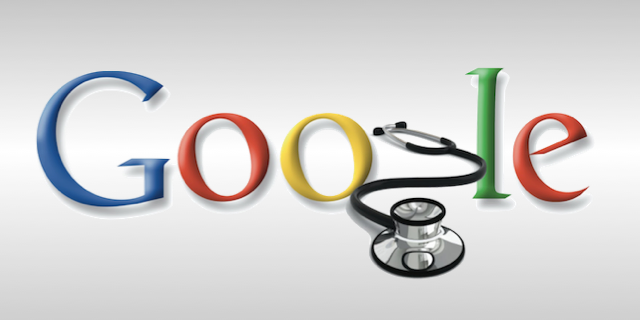A Google search for information on diabetes results in 267 million results (!). Another for type II diabetes gives 92 million results. Plowing through the first few pages you’ll see sites from newspapers, advertisers and blogs. How will you know which site is providing the most current information? How will you know if that site is medically sound?
Being An Engaged Patient
Patients are in a conundrum when it comes to the Internet and being an engaged patient. As Pew Centers Research from September 2012 shows that 81% of adults in the United States and 59% looked for health information during 2011. Thirty-five percent say they’ve gone online for a specific medical condition for themselves, family or friends.
Yet do they feel comfortable with the information they find? Do they feel that they can share in the decision-making that occurs in their care?
In a recent study, a series of focus groups were conducted to learn how well-educated patients feel about this “shared decision-making.” Gleaned from these discussions were beliefs in continuing deference to physicians and especially feeling that physicians can be authoritarian. Finally, the patients feared that they would be categorized as “difficult” if they did engage in shared decision-making.
Shared Decision-Making
In a review of research on shared decision-making, three elements of the process were deemed essential. These include, first understanding that a decision is required and second, knowing and understanding the available information and evidence. Finally, shared decision making requires bringing the patients values into the mix.
Another study conducted in Washington State found that the key to shared medical decision-making is informed patients. Again, information is crucial.
As shared decision-making is integrated into the patient-physician dynamic, being well informed would seem to require an intermediary…a place where patients can get reliable, current, physician-vetted information.
Health Information Personalized
What do you think? Are you overwhelmed with the information available on the Internet? Do you feel that Doctor Google meets your personal health information needs?
Let us know.






Rather than Google, I think I’d rather consult Dr. Watson (http://www.mhealthtalk.com/2012/01/ask-dr-watson/).
Watson is IBM’s natural language artificial intelligence supercomputer that’s now being applied to healthcare. As the knowledge base of medical information doubles every 5 years, Watson’s ability to parse and analyze the equivalent of 300 million books in less than 3 seconds will become increasingly important. While Google can present “hits” in rank order, Watson can make recommendations based on an analysis of the content of “relevant” information.
For now, Watson is only available to selected IBM partners in the medical community, but this sort of technology will eventually be available to e-patients themselves.
Wayne,
Absolutely. We’re looking forward to seeing Watson applied and broadly used in healthcare. However, today, Medivizor is already providing patients, caregivers, and doctors, information relevant just to them. Medivizor isn’t diagnosing nor providing medical advice, however, relevant information can be used by the patient and their medical team to ensure the most recent science, clinical trial, community resources are considered in treatment.
Also, Medivizor tries to make the information accessible to the general public directly – in a language and format that most people can understand.
Tx for comment!